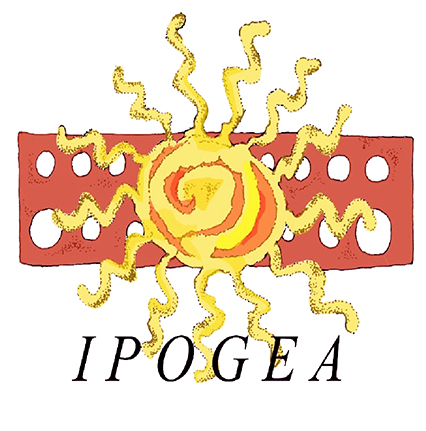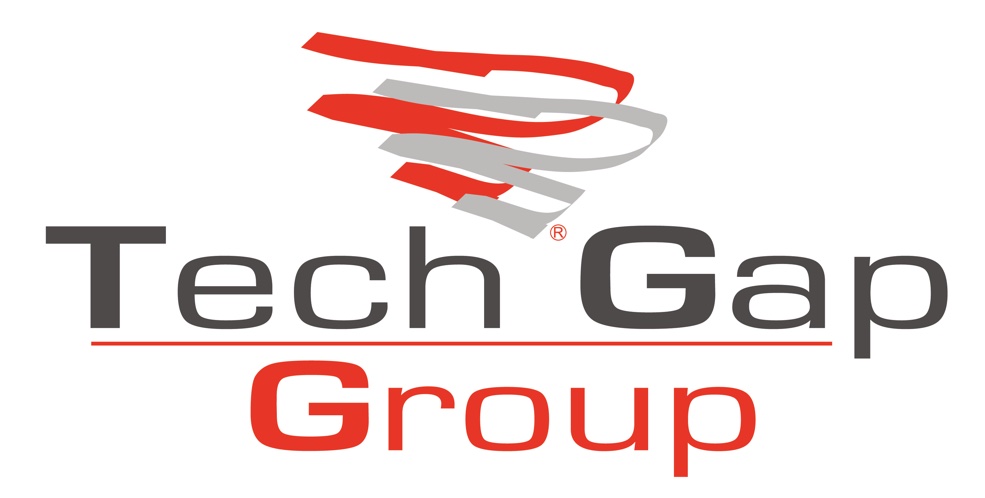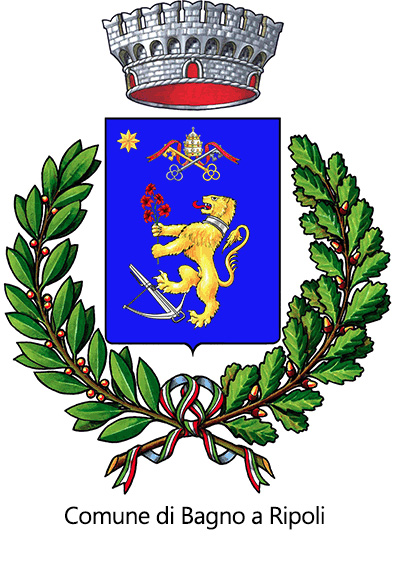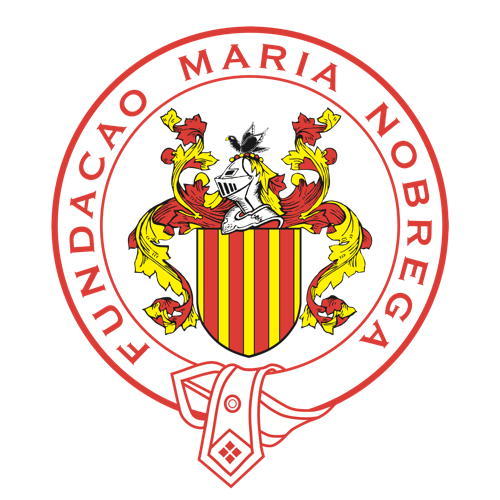ITKI
 The International Traditional Knowledge Institute (ITKI) was established in 2010. After a long journey that has involved the public administrations of Tuscany (Region, Province, and local council), the Italian Ministry of Environment, organizations of the United Nations, private foundations and non-profits, international experts and scholars gathered at numerous conferences and engaged in pilot projects and experiences, The Institute has the legal form of a private association created by members, supporters and foundations, which can contribute in various ways as defined by the statute. ITKI is the hub of an international proposal for the inventory, preservation and dissemination of innovative traditional knowledge.
The International Traditional Knowledge Institute (ITKI) was established in 2010. After a long journey that has involved the public administrations of Tuscany (Region, Province, and local council), the Italian Ministry of Environment, organizations of the United Nations, private foundations and non-profits, international experts and scholars gathered at numerous conferences and engaged in pilot projects and experiences, The Institute has the legal form of a private association created by members, supporters and foundations, which can contribute in various ways as defined by the statute. ITKI is the hub of an international proposal for the inventory, preservation and dissemination of innovative traditional knowledge.
Objectives and Functions
ITKI’s mission is to study and promote traditional knowledge and its innovative use in all areas of human endeavor, particularly where that knowledge may contribute to the creation or preservation of ecological integrity, social cohesion, and economic well-being. The Institute is the joint of an international network in charge of the inventory, the protection, and the innovative diffusion of Traditional Knowledge.
ITKI has the following strategic goals:
- Identify, study, and inventory traditional knowledge.
- Assure the preservation of traditional knowledge and cultural heritage as living heritage.
- Encourage and advance the spread of traditional knowledge from the local level to the international level.
- Promote integration between traditional knowledge and the scientific system and simulate the innovative use of traditional knowledge.
- Protect the rights of local communities and native peoples who are the holders of traditional knowledge and indigenous science systems.
- Further the spread and innovative use of traditional knowledge for the management of cultural heritage and the protection of ecosystems.
- Promote the application of traditional knowledge to the restoration and sustainable redevelopment of cultural assets as living heritage through the implementation of pilot projects.
- Introduce the use of traditional practices for the carrying out of work of reclamation and restoration and stimulate a participatory approach to the choice of technological infrastructures.
- Promote codes of procedure that adopt traditional knowledge in the management of parks, protected areas, and UNESCO sites.
- Contribute to the protection of local traditions and cultural differences.
Conducted Activities
The activities conducted by ITKI consist of actions preparatory to its foundation from 2007 to 2010, synthesized here in a list of major conferences and institutional steps, and also of activities happening after its legal constitution in May of 2010 (memorandum recorded in Florence on 5/27/2010). From this date forward, ITKI has legal status, governing bodies, and management and is therefore entitled to operate. It continues to carry out important activities and met for meetings with the governing bodies and associates.
2007
“Climate Change, Desertification, Environmental Conflicts, and Migration: An International Network of Experts on Traditional Knowledge for a Common Strategy”, Florence June 28-29 2007
The international conference on climate change, desertification, and environmental conflicts and migrations was held at Palazzo Bastogi, headquarters for the Region of Tuscany, in Florence and was organized by IPOGEA, UNESCO, and UNCCD. International experts from 15 different countries participated at the conference. They had the task of creating a network of experts responsible for collecting, sharing, and disseminating traditional knowledge and local solutions that have allowed for the construction and the management of ecosystems and cultural landscapes in the whole planet. These good practices, forged in situations with restricted means and in pre-industrial societies characterized by strong social cohesion and environmental integration, create solutions with low energy waste and consumption of resources and the capacity to adapt themselves to various environments and to respond with flexibility to emergencies and catastrophes. In this context, the Region of Tuscany proposed the site of the Institute to be in a prestigious Florentine palace.
2009
“International Conference on Traditional Knowledge and Living Heritage”, Florence, July 11-12 2009, Salone Brunelleschi in Palagio di Parte Guelfa
In the presence of the Director of the UNESCO World Heritage Centre, Francesco Bandarin, and international personalities such as Vandana Shiva and Paul Polack, the issues of heritage conservation as a value and common living good for all communities were confronted. The objective of the International Conference, organized by the founders of ITKI with the participation of the City of Florence, was to create a shared platform to organize and conduct projects, ideas, and visions for a sustainable future. Experts gathered from over 30 countries of the world had the opportunity to present proposals and pilot projects; foundations presented their operational programmes, international bodies their action strategies and businesses their innovative solutions. The strategy and shared vision spread to an international level through the world data bank of traditional knowledge, Traditional Knowledge World Bank (WWW.TKWB.ORG). As a result of the conference, the Declaration of Intent for the establishment of ITKI was signed.
2010
In May 2010 (articles of incorporation registered in Florence on 5/27/2010), the association named “ITKI- International Traditional Knowledge Institute” was officially created. The Association has its legal headquarters in the City of Bagno a Ripoli (FI), in Via del Bigallo e Apparita, 12- 50012 Bagno a Ripoli, Florence, Italy and an operational office in the “Life Beyond Tourism Auditorium al Duomo” of the Convention Centre at the Duomo in Florence, Via Cerretani, 54r.
2011
ITKI was officially presented in Paris at the UNESCO headquarters as an initiative of the international body to preserve traditional knowledge and their innovative uses. Present at the event were Pietro Laureano and founding members Paolo del Bianco and Michael Carrington. Following this international presentation, ITKI launched the project “Creating an American Oasis (Tucson, USA)” presented as well in Paris at the UNESCO Conference to promote the new Convention on the landscape.The City of Tucson, the University of Arizona, and the Native American Nations approved ITKI’s proposal to create an oasis in the desert of Arizona to start a programme of conversion of large cities in the American deserts into sustainable cities of the future and to create a local branch of the Institute. Workshops and conferences were held by Pietro Laureano at the University of Arizona in Tucson from November 14 to18 2011 and were attended by faculty members of anthropology, architecture, sociology, and economics, administrators of the University of Tucson, and members of the Native Americans and non-governmental organizations. The conferences and workshops were held thanks to the cooperation between ITKI, the County, the City of Tucson, the non-profit organization Southern Arizona, Native Nations, and especially thanks to the collaboration offered by Giuseppe Biagini who has been living in Tucson and is valued by the scientific community and local institutions for his achievement in information and cataloging of cultural heritage. A mandate was conferred upon Giuseppe Biagini to initiate the establishment of ITKI centre in USA.
2012
Following the earthquake in Emilia and an appeal by the World Director of UNESCO, ITKI highlighted the need for a participatory initiative involving local workers and national scholars and institutions capable of dealing with the emergency in Emilia Romagna, as well as a need to lay the foundation for a methodology replicable in other contexts. Along with the National Cooperative Association of Production and Labour, an initiative called “Un Patto per il Sisma” (“A Pact for the Earthquake”) was born. The Pact was presented at a press conference in Bologna, Italy on Friday July 20, 2012. Pietro Laureano, President of ITKI, and Paolo del Bianco, Founding Member, along with Francesca Federzoni of Politecnica were all present. Francesco Bandarin Director of Culture at UNESCO was present through videoconference. The goal was to render this drama a successful experience in Italian disaster management. UNESCO has since added to the methodology used by the Pact to include examples of virtuous response to disasters for the whole world.
“The International Protection of Landscapes. A Global Assessment on the Occasion of the 40th Anniversary of the World Heritage Convention”, September 19–20, 2012
The conference aimed to promote and create a new ITKI World Convention on the landscape. It opened with a message from HRH The Prince of Wales, and was attended by many organizations of the United Nations, administrators, directors, and experts from all over the world. The conference pointed out the need to preserve the landscape and ecosystems, the procedures for a new UNESCO Convention, and strategies to respond to the global crisis through a new sustainable model. ITKI presented the new platform developed for the World Bank of Knowledge, the Traditional Knowledge World Bank (WWW.TKWB.ORG) with a “wiki” method that would allow for sharing of information and a more global reach. The conference adopted a declaration on the landscape, the UNESCO Landscape Declaration of Florence.
(http://whc.unesco.org/en/news/943/). The statement was then distributed to the most important global conferences and has become an international benchmark in the development of the problem from the initial conception, limited to monuments, to the UNESCO current wider vision that includes landscapes, knowledge, and communities.
“Traditional Knowledge and Protection of the Natural Heritage in the Arab Region”, October 2 & 5, 2012
Pietro Laureano, invited as one of the world’s leading experts in the field, held the opening communication to the conference which was organized in Manama, Bahrain by Khalifa Ahmed Al-Khalifa, Director of the Ministry of Culture as part of the Manama-Cultural Capital of the Arab Countries 2012. It was used as an opportunity to present the application of traditional knowledge of the region within the framework of protection of natural and cultural heritage.
2013
Assembly of Shareholders, Monday March 11, 2013 at the Office of Notary Cambi in Via Pizzi, 42 in Bagno a Ripoli (FI) for the approval of the final status. With this assembly and notary approval, ITKI shall provide itself with the statute capable of achieving recognition and be able to operate fully.
ITKI Members

|

|

|

|

|